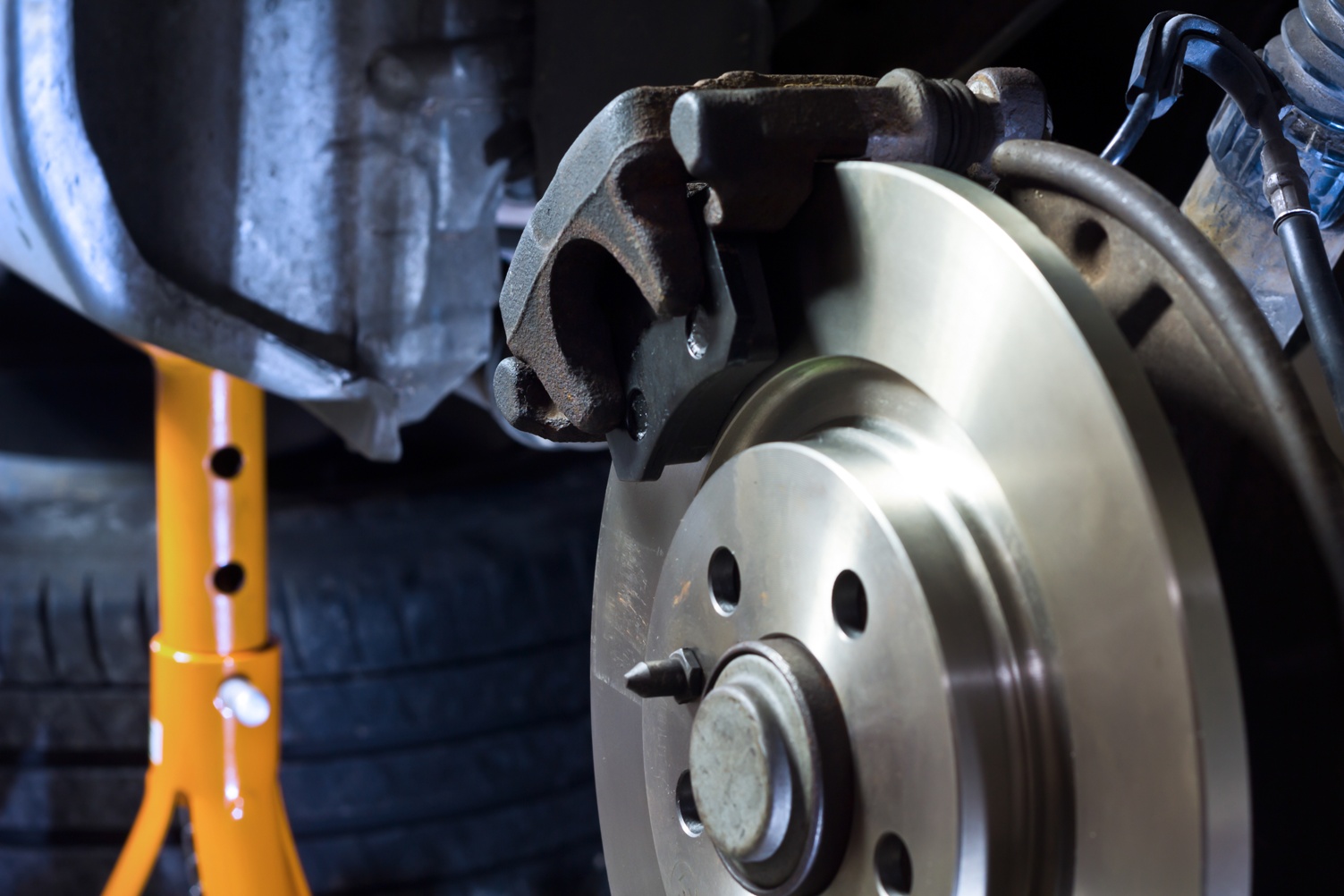
When it comes to vehicle safety, your brakes are the most critical component. Regardless of how advanced your car’s safety features are—such as airbags, seat belts, or collision avoidance systems—none of these will protect you if your brakes fail. The ability to slow down or stop your vehicle promptly is essential for avoiding accidents and protecting everyone on the road.
At the heart of your braking system are the brake cylinders, including both the master and slave cylinders. These components convert the force you apply to the brake pedal into hydraulic pressure that activates the brakes at each wheel. For example, trucks like the 2007 Dodge Ram 3500 Clutch Slave Cylinder depend heavily on robust and reliable brake systems to safely manage their heavy loads, especially when towing or hauling.
Proper brake function is not just about stopping power—it’s about control, confidence, and peace of mind behind the wheel.
How Brakes Keep You Safe
Your braking system operates by transmitting force from the brake pedal through hydraulic fluid to the brake cylinders. This hydraulic pressure forces brake pads or shoes to press against rotors or drums, creating the friction necessary to slow or stop your vehicle.
Several factors make your brakes a vital safety feature:
Consistent Hydraulic Pressure
Brake cylinders, like those in vehicles equipped with a BMW Clutch Slave Cylinder, must maintain steady hydraulic pressure for the brakes to respond instantly and evenly. If pressure drops due to leaks or cylinder failure, braking performance diminishes, putting you at risk.
Responsive Pedal Feel
A firm and responsive brake pedal gives you control over how much braking force you apply. This responsiveness is crucial in emergency situations where modulation of brake pressure can mean the difference between a safe stop and a collision.
Balanced Braking
Your brake system distributes pressure evenly across all wheels, ensuring your vehicle stops straight without pulling to one side. This balance prevents loss of control, especially in slippery or uneven road conditions.
Heat Management
Effective brake cylinders withstand the high heat generated during braking, especially on steep descents or frequent stops. Heat-resistant seals and components, like those found in performance cars, ensure your brakes continue to perform reliably without fading.
For classic cars such as the Nissan/Datsun 280Z Clutch Slave Cylinder, maintaining the brake hydraulic system is critical to keeping the car safe on today’s roads.
Why Brake Maintenance Matters
Even the best brake system can fail without proper maintenance. Over time, brake fluid absorbs moisture, seals wear out, and components corrode, all of which degrade your braking performance. Regular maintenance keeps your brake cylinders and hydraulic system functioning safely and efficiently.
Prevents Brake Failure
Regular inspections can identify worn or leaking brake cylinders before they lead to total brake failure. Catching these issues early prevents dangerous situations on the road.
Enhances Vehicle Control
Well-maintained brakes provide reliable stopping power and a consistent pedal feel, helping you maintain control in emergencies or challenging driving conditions.
Extends Component Lifespan
Changing brake fluid regularly and replacing worn seals prolong the life of your master and slave cylinders, saving money on costly repairs.
Saves Money Long-Term
Timely maintenance avoids more expensive damage to brake rotors, pads, and calipers, keeping repair bills manageable.
Proper maintenance is particularly important for heavy-duty trucks like the Dodge Ram 3500, where brake failure under load can have catastrophic consequences. It’s also vital for performance vehicles like the BMW or classic models like the Nissan/Datsun 280Z, where precision braking is a key aspect of safe driving.
Key Brake Maintenance Tips
- Check and Replace Brake Fluid Regularly: Brake fluid should be flushed and replaced according to your vehicle manufacturer’s schedule to prevent moisture buildup and corrosion.
- Inspect Brake Cylinders and Hydraulic Lines: Look for leaks, cracks, or corrosion during routine maintenance.
- Monitor Pedal Feel: Any change in pedal firmness or response is a sign to inspect your brake system immediately.
- Use Quality Replacement Parts: Always choose OEM or trusted aftermarket parts from reputable suppliers like Autozone to ensure durability and performance.
- Professional Inspections: Have your brakes inspected by a professional periodically, especially if you drive in harsh conditions or tow heavy loads.
Conclusion
Your brakes are the most important safety feature on your vehicle. They give you the power to control your speed and stop safely, protecting you, your passengers, and everyone else on the road. Maintaining your brake cylinders—the master and slave cylinders—is essential for preserving this control.
Whether you drive a heavy-duty truck like the 2007 Dodge Ram 3500, a high-performance BMW, or a classic Nissan/Datsun 280Z, ensuring your brake system is well maintained is non-negotiable. Regular maintenance, prompt repairs, and quality replacement parts help keep your brakes reliable for years to come.
Autozone provides a wide range of clutch slave cylinders and brake components, backed by expert advice, so you can drive with confidence knowing your brakes will perform when you need them most.
